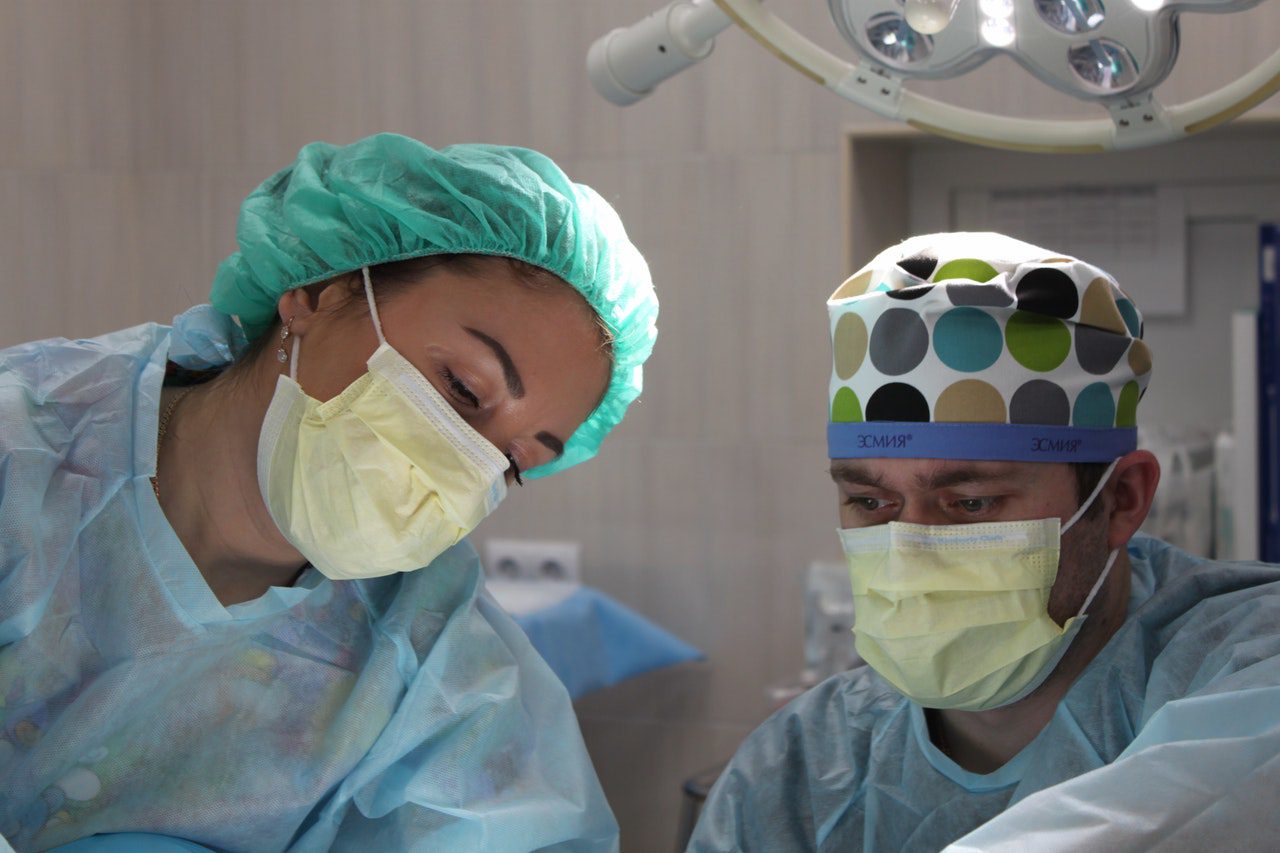Addiction occurs for so many reasons, but one thing that doesn’t happen with addiction is discrimination. No matter your background, your race, your gender, or your beliefs, you can become vulnerable to addictive substances. The richest people in the world are just as likely to deal with addiction as the poorest; and doctors and people in power positions are, too. You don’t have to be struggling or homeless to be facing addiction – you can be on top of your game as a neurosurgeon and still find yourself struggling with whether you should get some help from experts who can walk you through the detoxification process.
Work in the healthcare industry? We have addiction treatment programs for you!
Healthcare professionals – when their job is stripped right back – are human. They are vulnerable to the pressure they are under and they struggle with substances just as much as anyone else. Having a job as a doctor or a nurse doesn’t make anyone immune to the pressures of the world. In fact, the pressure of the job can make that struggle even harder.
Medical professionals are exposed on a daily basis to the raw emotions that humans experience. They are also faced with the constant vulnerability of accessing medications that feed their addiction; so it’s in their face all day. No two people with substance abuse disorders are the same, and no two healthcare professionals are addicted to the same substance.
Understanding why professionals are susceptible to addiction in the first place is vital, and some of the reasons they are addicted include:
- Access. We mentioned doctors and health professionals have access to drugs that the general population does not have access to, and it’s correct. They may not be as susceptible to alcohol addiction, but drug addiction to prescription drugs like Oxycodone is very common among healthcare professionals. These powerful opioids are addictive, and those who are able to access these often are going to be more at risk of developing an addiction, finding it much harder to overcome.
- Stress. Some doctors and nurses also turn to substance addiction because of the stress of the job. The guilt of losing a patient can make a pressured job even more pressure, and the intense feelings of guilt can lead someone to seek an escape elsewhere. Guilt is an incredibly powerful emotion and it’s one that enables another to turn to substance abuse.
- Work Pressure. Long working hours in the healthcare industry are hard to handle. There is no time for release and relaxation and we all need time to decompress. Unfortunately, those under pressure turn to substances to help them to decompress and it’s not a good way to do it. Self-medication and substance abuse are hard to overcome, but even harder when the job stress is there.
- Pain. Doctors and other healthcare professionals are on their feet all day every day. They lift patients and they stand at OR tables, bending to do what they need to do to keep people safe and healthy. This is physically painful and draining, and handling the bulk of patient care leads to pain – and the medications are there for the subscription by other coworkers.
Understanding The Signs
Addiction doesn’t just happen in a vacuum. A conscious choice is made to consume a particular drug, but there is no choice made to become addicted to that substance – addiction is a disease, it is not a choice and it can occur at any time. If you believe you could be dealing with addiction but, you’re not sure, some of the signs that you may be struggling include:
- Changing jobs often
- A need to be nearby medications
- Distracted in your role
- Incomplete patient charts
- Falling asleep on the job
- Isolating yourself
- Mood swings and erratic behavior
- Lack of interest in personal care
Most healthcare professionals in the throes of an addiction could be considered high-functioning addicts: able to go to work and deal with patients but, are still reliant on their drugs to get through their day.
The Right Treatment
It’s vital that you get the right treatment to help you through your addiction, and while it can feel weak as a healthcare professional to seek help, it’s not weak. You need to be cared for as much as you need to care for others, and you need to allow yourself to be a recipient of care for a change. Get in touch with Evolve Indy today and see how you can get the best possible addiction treatment program for you.

